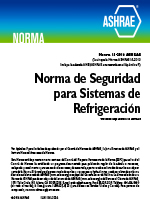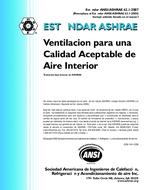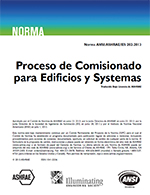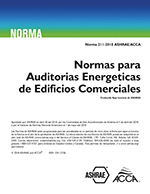Description
Click here to purchase
As renewable energy resources, such as wind and solar, continue to be added to the US electric grid, the available energy produced will become more variable. Wind and solar energy resources are highly dependent on wind and solar radiation availability, which are highly varied compared to traditional electricity generation sources. With an increase in variable generation, it is beneficial for grid reliability to modulate grid loads to match available generation. This can be accomplished through building load participation in flexibility services (FS). The various primary end-uses such as heating, ventilation, and air conditioning (HVAC) and lighting in commercial buildings can provide Demand Response (DR) services such as regulation, contingency, and ramping. Overall, in the US, HVAC loads, specifically cooling in commercial buildings, account for around 15% of electricity consumption. However, these loads further vary based on the climate zone in which the building is located. To provide load flexibility, HVAC loads can be switched off for a limited time be such that the thermal comfort criterion of predicted mean vote (PMV) remains under 0.5. Overall, this study aims to estimate the amount and duration for HVAC cooling loads that can provide demand flexibility using US Department of Energy (DOE) commercial Reference and Prototype building models for small office buildings.
Product Details
- Published:
- 2022
- Number of Pages:
- 4
- Units of Measure:
- Dual
- File Size:
- 1 file , 4.8 MB
- Product Code(s):
- D-TO-22-A007
- Note:
- This product is unavailable in Russia, Belarus




